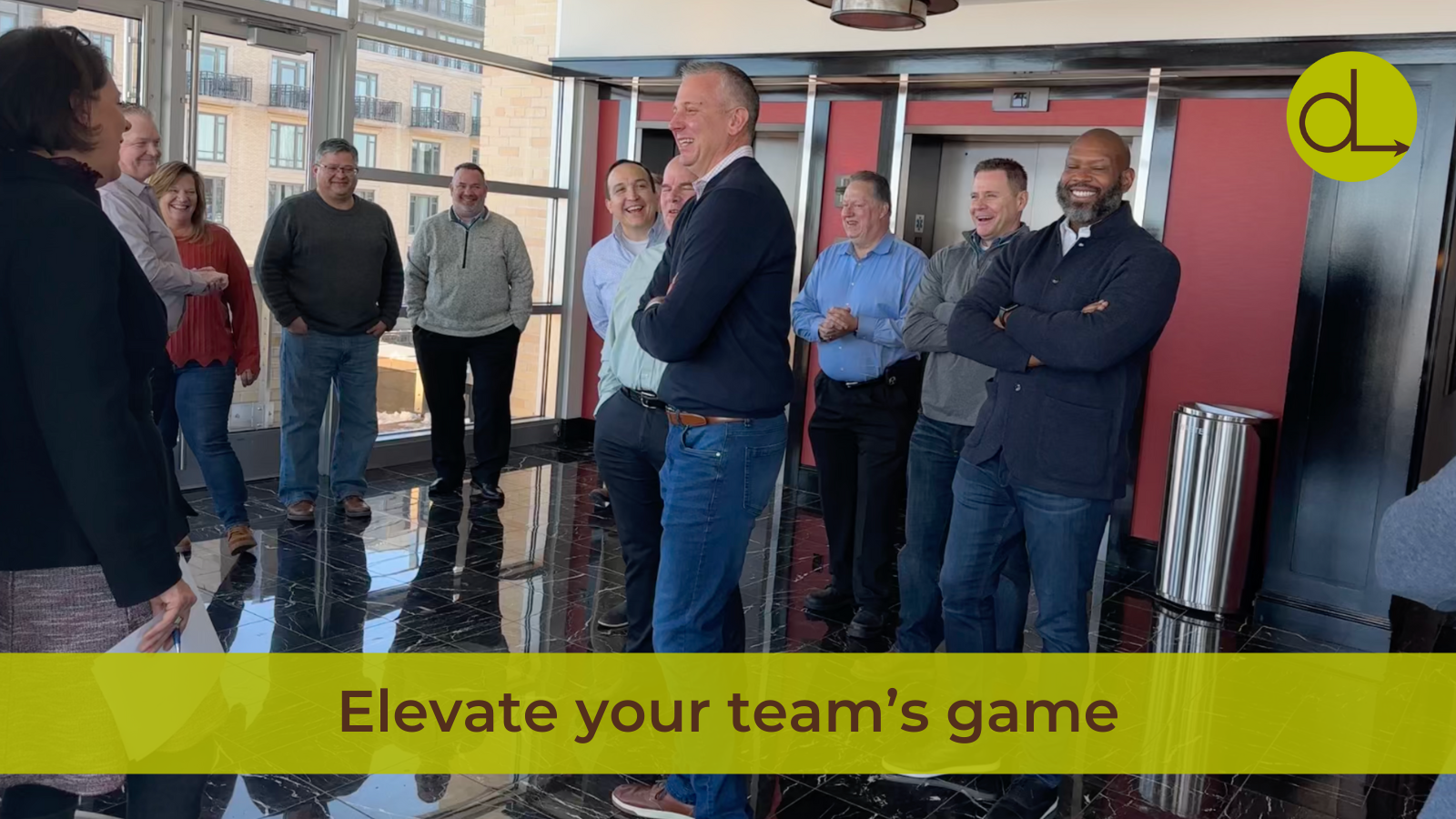I have a friend whose son, Jack, plays varsity soccer and has a deep love for the game. His team had a tough season, filled with losses that broke their hearts. Despite their individual skills and commitment, something was clearly missing on the field.
The official season is still months away, but as the team captain, Jack’s determined to bring his team together. He wants them to participate in an off-season league, but he’s facing resistance. Some argue it’s too early and the games wouldn’t mean anything anyway. Others are telling him it’s easier to just train on their own.
But Jack knows better. It’s not just about individual skills; it’s about becoming a strong, unified team.
As Jack was sharing his frustrations with me, I couldn’t help but notice the similarities between his efforts and the work we do with teams.
Team development is different from individual professional development
When organizations contact us for help with their employees, they often ask for professional development. Most training programs focus on the individual, providing specific skills the employee can use. It’s essentially the same as Jack participating in a camp with dozens of other kids to perfect his dribbling or defense. It’s important, but it’s limited to the individual.
Where teams see exponential results is when they practice and train together. That’s our focus at Darcy Luoma Coaching & Consulting. Individual professional development is important, but team professional development is what takes them to the next level, supercharging success.
Over the last two decades, I’ve had the privilege of working with more than five hundred organizations across forty-eight industries. This experience has shown me that real change and success happen when teams come together, communicate openly, and embrace a culture of thoughtfulness and intentionality.
I’ve seen the magic that occurs when teams name the “elephant in the room“ and confront challenges head-on. It’s not just about addressing problems. It’s about fostering innovation, collaboration, and ultimately achieving better results. This doesn’t happen on its own, even if every team member is dedicated to their individual professional development.
What type of team development is best for your team?
We take a customized approach to team development because we know every team has different goals. Here’s an overview of how we work specifically with teams:
Team Assessment & Retreat
How often do you get out of the daily grind to check in as a team? Team retreats are an opportunity to address elephants that might be lurking in the team, align around a shared vision, and build trust. This one-day program, which includes a series of insightful team assessments, can set a solid foundation for the coming year. Every team – whether you’re currently working well together, experiencing conflict, or anything in between – can benefit from a team assessment and retreat.
Team Coaching
Through customized exercises and strategic conversations, teams improve results by increasing trust, improving communication, and navigating the tough issues that can keep teams stagnant if not resolved. Team coaching engagements start at six months and provide customized programming specific to your team goals.
Team Training
Based on our unique Thoughtfully Fit® model, our training programs provide teams with specific tools and strategies that can lead to better meetings, more meaningful conversations, and less drama. Teams that train together have better results. We have programs – ranging from 60-minute masterclasses to intensive four-month series – that provide tools and a common language your team can start using immediately.
Make 2024 the year you focus on your team
By focusing on teams, you’re not only investing in your organization’s success but also in the growth and development of your team members. We’re here to partner with you on this journey towards exceptional teams, enhanced collaboration, and sustainable success.
Your first step? Contact us and schedule a conversation. That call will be an opportunity to find out more about team development and what it could look like for your organization.
As for Jack, half of his team has committed to a spring league and he’s taking it as a win. It’s a step in the right direction. Are you ready to take the first step with your team? Let’s talk about how we can help.


